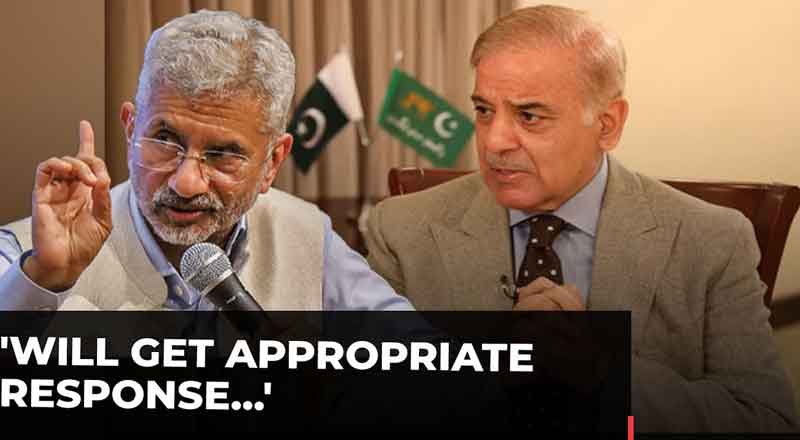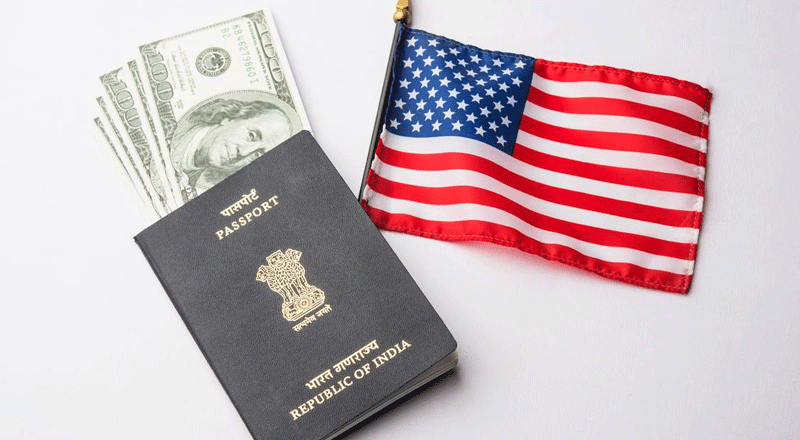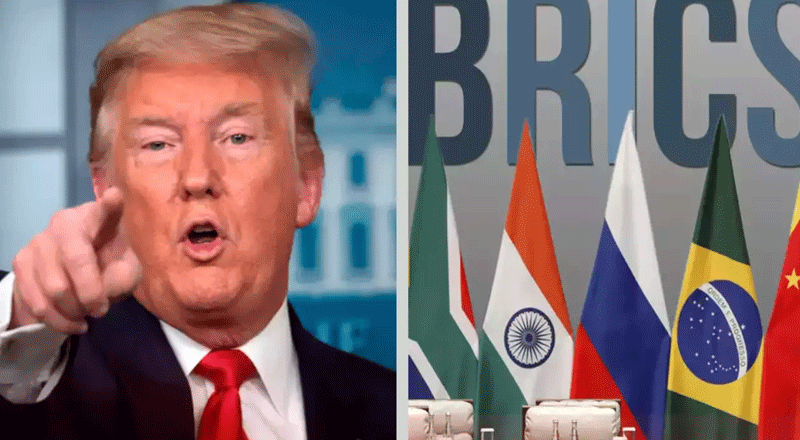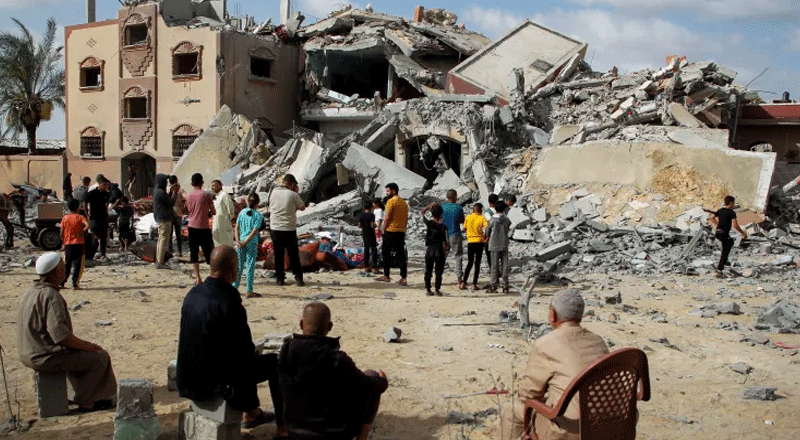India issued a sharp rebuke to Pakistan at the United Nations General Assembly (UNGA) following Pakistani Prime Minister Shehbaz Sharif’s remarks on the Jammu and Kashmir issue. In a stern statement, India warned that Pakistan’s continued support for cross-border terrorism would result in “inevitable consequences.”
India’s Pointed Response to Pakistan’s Kashmir Remarks
During his speech at the UNGA, Prime Minister Sharif called for India to reverse its 2019 decision to revoke Jammu and Kashmir’s special status under Article 370 and demanded renewed dialogue between the two nations. India responded firmly through its First Secretary to the UN, Bhavika Mangalanandan, who delivered a scathing rebuttal, calling out Pakistan’s longstanding use of terrorism as a state policy.
Ms. Mangalanandan described Mr. Sharif’s comments as “audacious,” given Pakistan’s international reputation for terrorism and organized crime. “This Assembly regrettably witnessed a travesty this morning. A country run by the military, with a global reputation for terrorism, narcotics trade, and transnational crime has had the audacity to attack the world’s largest democracy,” she said, denouncing Pakistan’s allegations and invoking global terrorist attacks traced back to Pakistan-based groups.
“Fingerprints on Terrorism Across the World”
India’s response was not limited to refuting the Kashmir issue but highlighted Pakistan’s broader role in global terrorism. Ms. Mangalanandan underscored Pakistan’s involvement in terror attacks, including the 2001 attack on India’s Parliament and the 2008 Mumbai attacks. She emphasized that Pakistan’s involvement in such incidents is undeniable: “Pakistan’s fingerprints are on many terrorist incidents across the world,” she said.
Further addressing the assembly, Mangalanandan remarked on the absurdity of Pakistan’s accusations, warning that no matter how often Pakistan repeats its falsehoods, it cannot escape the truth. “Pakistan will seek to counter the truth with more lies. Repetition will change nothing. Our stand is clear and needs no reiteration,” she said.
No Dialogue Without Eradicating Terrorism
In her address, Ms. Mangalanandan made it clear that any discussions of peace or strategic restraint with Pakistan are futile unless terrorism is eliminated. She unequivocally stated, “There can be no compact with terrorism,” reminding the global community of Pakistan’s harboring of Osama bin Laden and its connections to various terrorist activities worldwide.
India also pointed out Pakistan’s attempts to disrupt democracy in Jammu and Kashmir through terrorism, a tactic that has long hindered peace in the region. While Mr. Sharif linked the Kashmir issue to regional peace and alleged India’s military expansion was a threat to Pakistan, India refuted these claims by highlighting the real threat—Pakistan’s cross-border terrorism.
Pakistan’s Human Rights Record Under Scrutiny
India didn’t stop at terrorism; it turned the focus on Pakistan’s internal issues and human rights record. Ms. Mangalanandan accused Pakistan of hypocrisy, pointing to its own history of human rights abuses, including the 1971 genocide in Bangladesh and ongoing persecution of minorities within its borders. “It is ridiculous for Pakistan to lecture the world about intolerance when it has such a tarnished record,” she said.
Pakistan’s Right of Reply
In response, Pakistan exercised its Right of Reply, dismissing India’s accusations as “baseless and misleading.” Pakistan reiterated its long-standing demand for a referendum in Jammu and Kashmir under UN Security Council resolutions, a demand that India has consistently rejected.
As tensions between the two nations flared once again on the global stage, India’s message remained resolute: any further support for terrorism from Pakistan will lead to inevitable consequences.
(With inputs from agencies)





